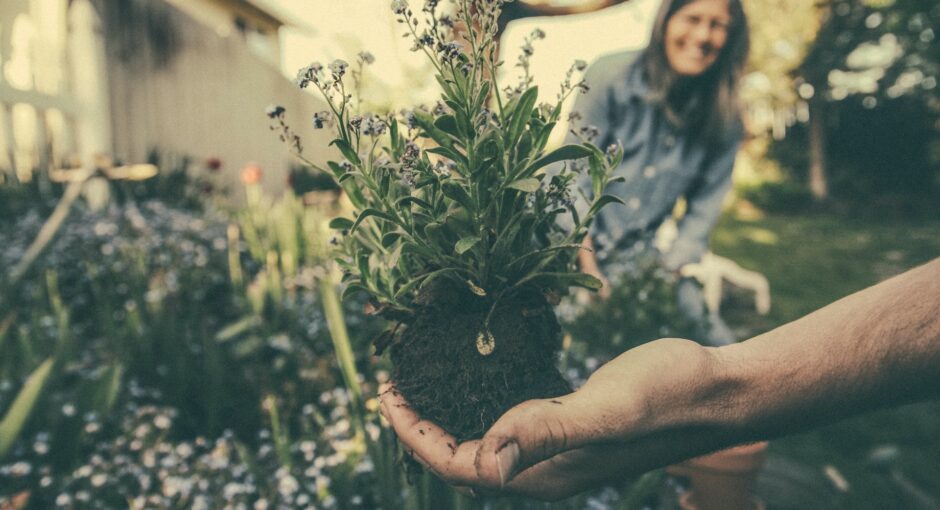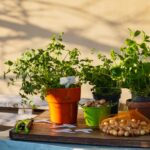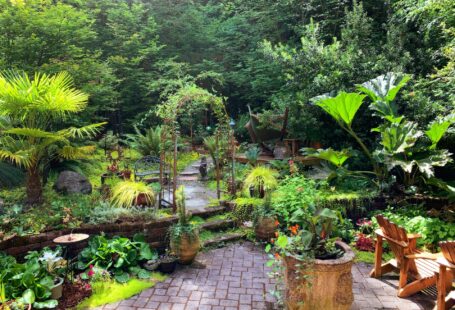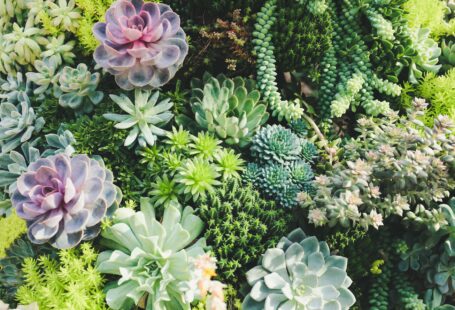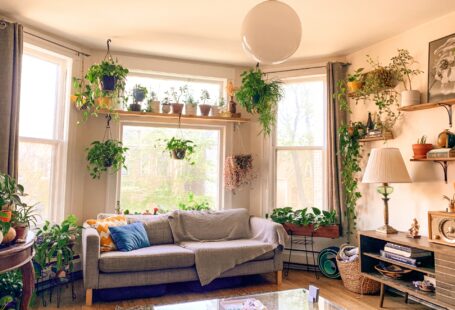Sustainable gardening for a greener environment has become increasingly important for homeowners, farmers, and gardeners alike. The need for sustainable gardening practices has been driven by the effects of global climate change, deforestation, and other environmental issues. Sustainable gardening is a way to protect the environment, reduce our consumption of resources, and create healthier and more productive gardens.
What is Sustainable Gardening?
Sustainable gardening is an approach to gardening that seeks to minimize the environmental impact of gardening activities. It focuses on using practices that reduce the use of non-renewable resources, such as water, energy, and chemical fertilizers. Sustainable gardening also seeks to increase biodiversity, improve soil health, and reduce the amount of waste produced by gardeners.
Why is Sustainable Gardening Important?
Sustainable gardening is important for both the environment and the gardener. It helps to reduce the amount of resources used, allowing for more efficient and productive gardens. It also reduces the amount of pollutants and waste that are released into the environment, protecting natural ecosystems and wildlife. Sustainable gardening also promotes healthier soil, which in turn can lead to healthier plants and more abundant harvests.
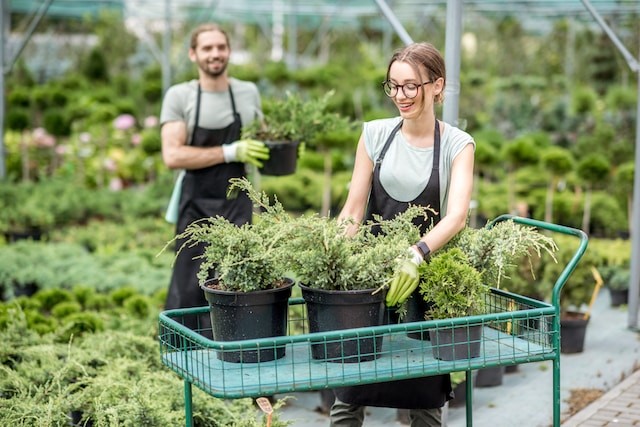
How to Get Started with Sustainable Gardening
Sustainable gardening can seem intimidating, but there are a few simple steps that can help get you started.
- Choose native plants: Choosing native plants for your garden is a great way to reduce the amount of water, fertilizers, and pesticides needed. Native plants are adapted to the local environment and require less attention than non-native plants.
- Use organic fertilizers: Organic fertilizers are a great way to improve soil health and reduce the amount of synthetic fertilizers used. Compost, manure, and other organic fertilizers are all great options for improving soil fertility.
- Mulch: Adding a layer of mulch to your garden beds will help to reduce water loss, suppress weeds, and improve soil health.
- Plant trees and shrubs: Planting trees and shrubs can provide habitat for wildlife, reduce soil erosion, and improve air quality.
- Use rain barrels: Collecting rainwater in barrels can be a great way to conserve water and reduce your reliance on the municipal water supply.
By following these simple steps, you can make your garden more sustainable and help protect the environment.
Conclusion
Sustainable gardening is an important way to reduce our environmental impact and create healthier and more productive gardens. By making a few simple changes, such as choosing native plants, using organic fertilizers, and collecting rainwater, you can make a big difference in your garden and help protect the environment.
